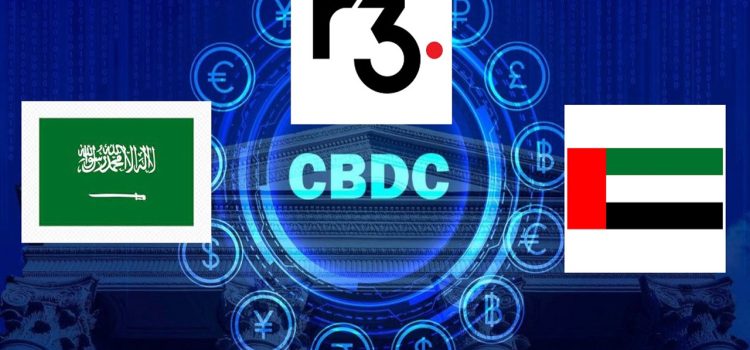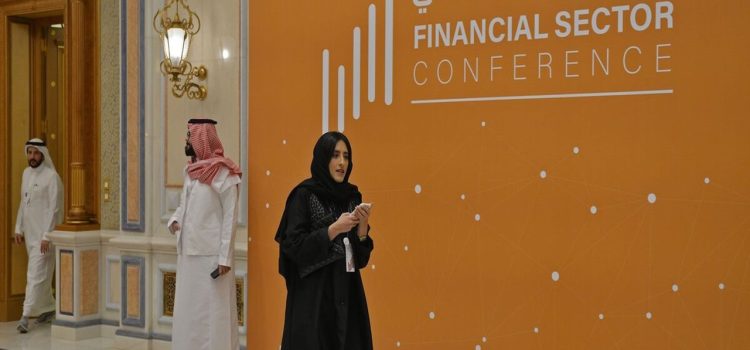
The senior advisor of Saudi Central Bank Anthony Butler for blockchain, AI and digital assets recently posted on LinkedIn new job positions opening up in Riyadh KSA.
The roles he mentioned included sSoftware engineers with hands-on experience working with DLT ( Distributed Ledger Technology) protocols and applications. According to Butler the role requires someone with experience implementing solutions using tech such as Ethereum, Hyperledger Besu, Hyperledger Fabric, and/or R3 Corda.”
He adds these talents should particularly be knowledgable of solutions involving tokenisation of real world assets. The job applicant should understand the functional and non-functional aspects of designing such solutions and be able to work with broader engineering teams to lead design and implementation. Understanding of DeFi and emerging areas, such as self-sovereign identity.
Also required are software engineers/full-stack developers at all levels of seniority. These applicants should be able to work independently on software development projects and potentially lead a team of other engineers by providing architectural and engineering guidance. Hands-on experience working with common front-end frameworks, architecture patterns, cloud-native design practices, and languages.
Finally Butler also mentions jobs for thos talented in AI ( Artificial Intelligence), machine learning (ML) and DS techniques and tools to solve complex classification, anomaly detection and prediction problems. Deep knowledge of common libraries such as PyTorch, TF, etc. and knowledge of tech and tools needed to implement AI at scale, such as vector databases (e.g. Pinecone), data pipeline tech (e.g. Airflow), orchestration tools (e.g. Langchain), MLOps tooling (e.g. Weights and Biases), etc. Will be working with SOTA and emerging areas, such as GenAI, so should be intellectually curious and self-driven to learn.
This comes as the Central Bank of Saudi Arabia moves forward with its CBDC ( Central Bank Digital Currency) national project as well as digital asset’s strategy.
Anthony Butler, the Chief Technology Officer for IBM MENA region who was based out of KSA, and is a blockchain, AI, metaverse expert joined Saudi Central Bank (SAMA) as a senior advisor in May 2023.
He announced the new position on LinkedIn saying, “I’m happy to share that I’m starting a new position as Senior Advisor at Saudi Central Bank – SAMA! As a senior advisor to SAMA I will be focused on first of a kind applications of emerging technology, such as artificial intelligence, distributed ledger technologies, quantum, and advanced cryptography in support of payments innovations (such as CBDC, stable coins, and tokenization), transformation of Suptech/Regtech, green finance, open finance, decentralized finance (DeFi), and cybersecurity.
Prior to that, The Saudi Central Bank ( SAMA) appointed Mohsen AlZahrani, as virtual assets and CBDC lead.
With the new job postings listed by Anthony Butler it seems the move towards digital assets, DeFi, and blockchain in the capital of KSA is moving forward at a faster pace.










